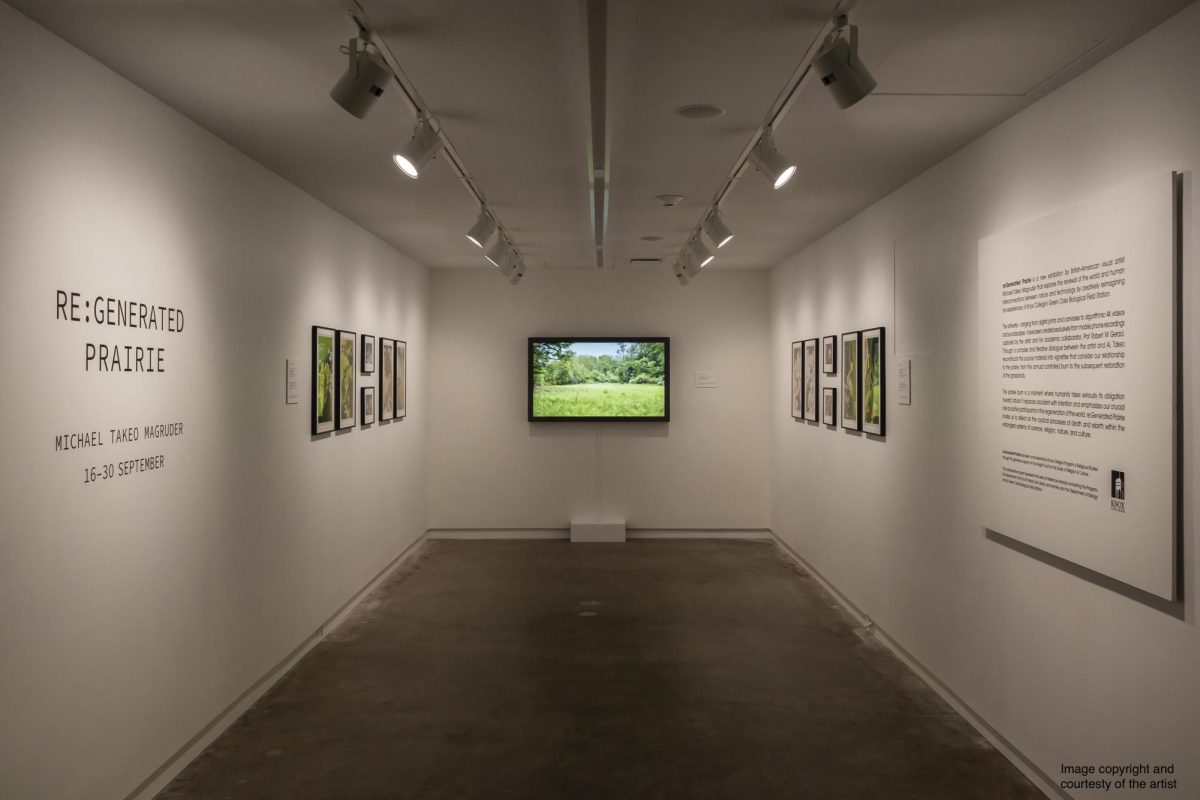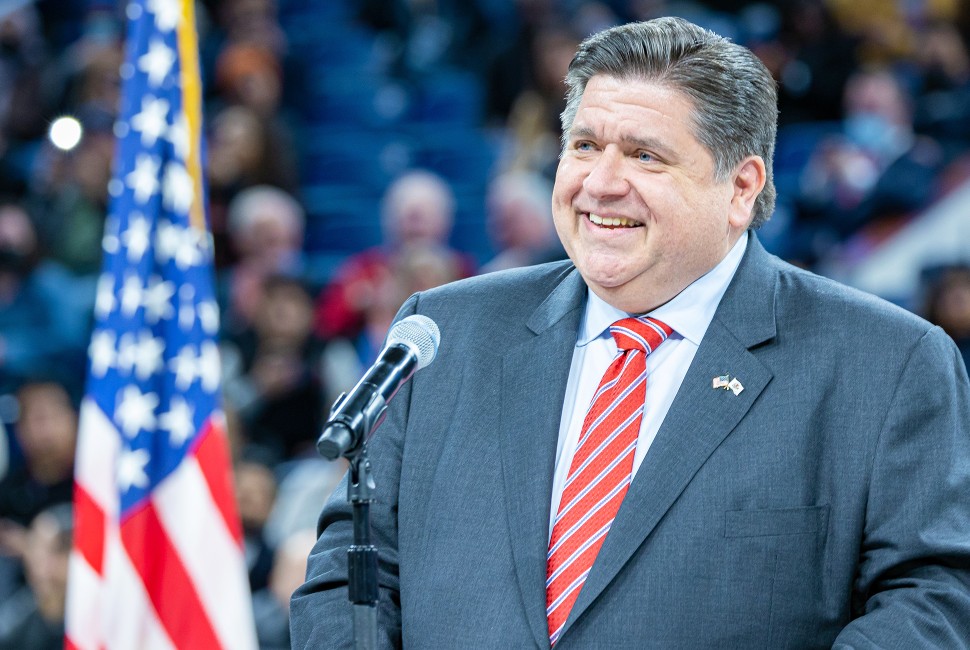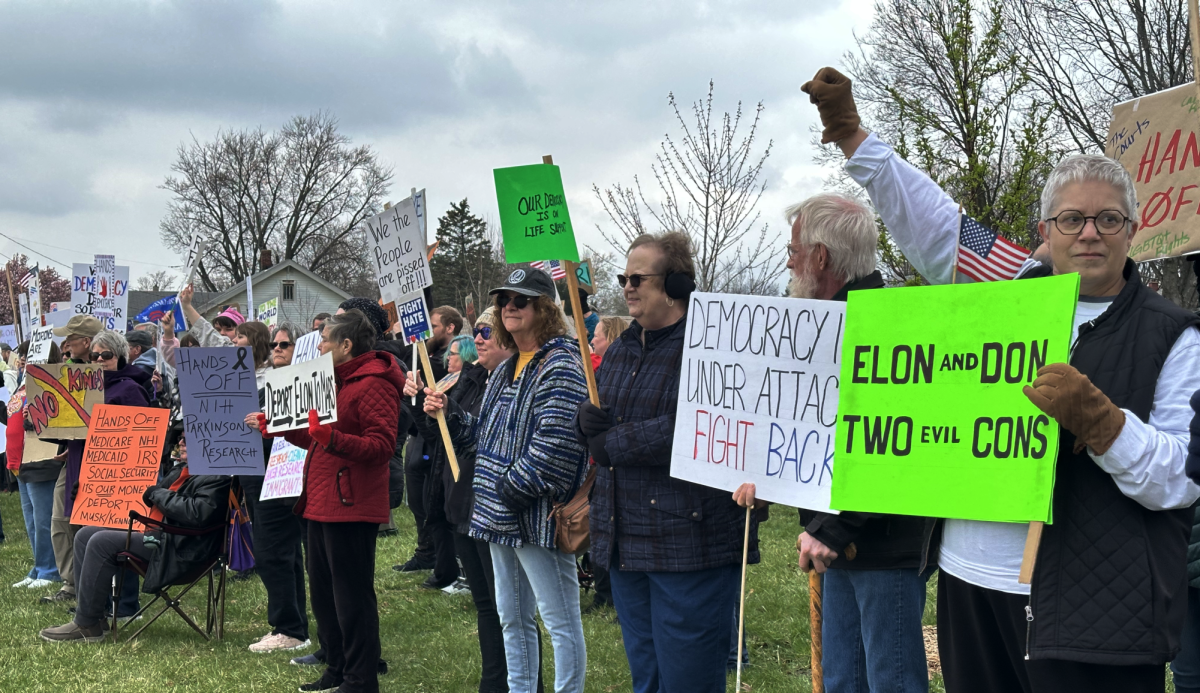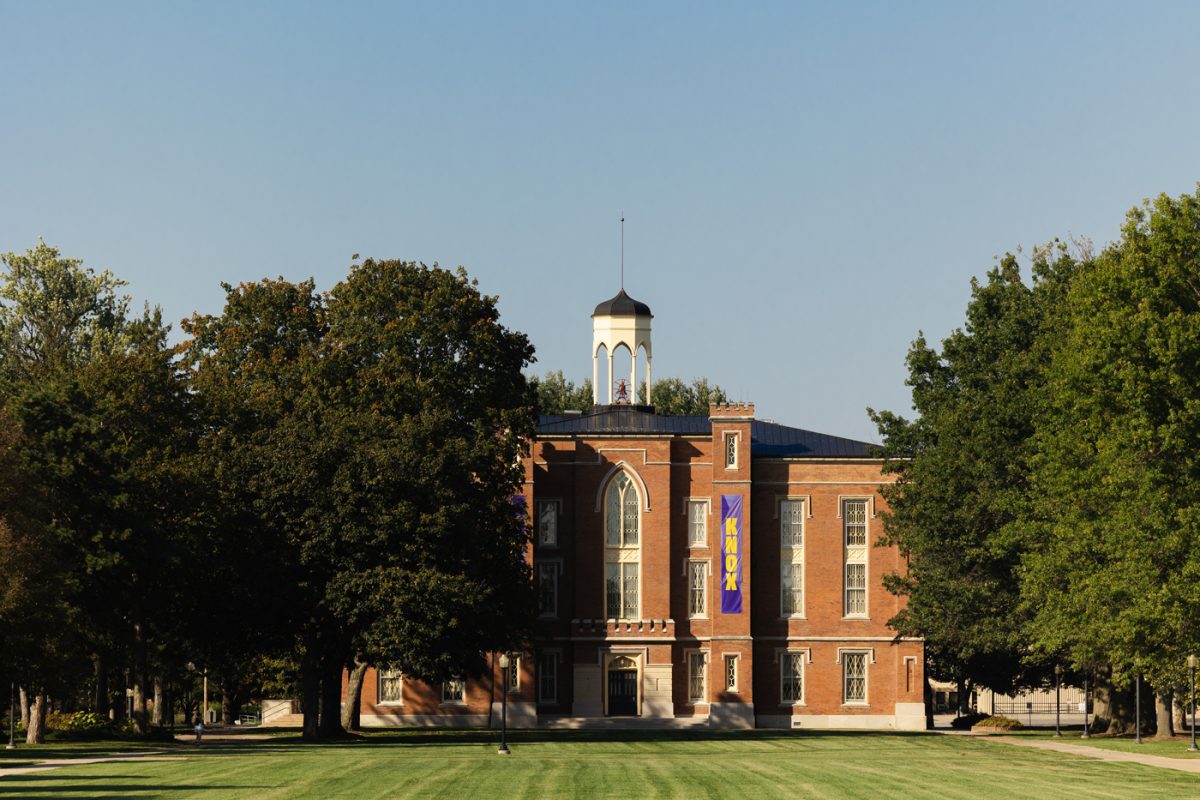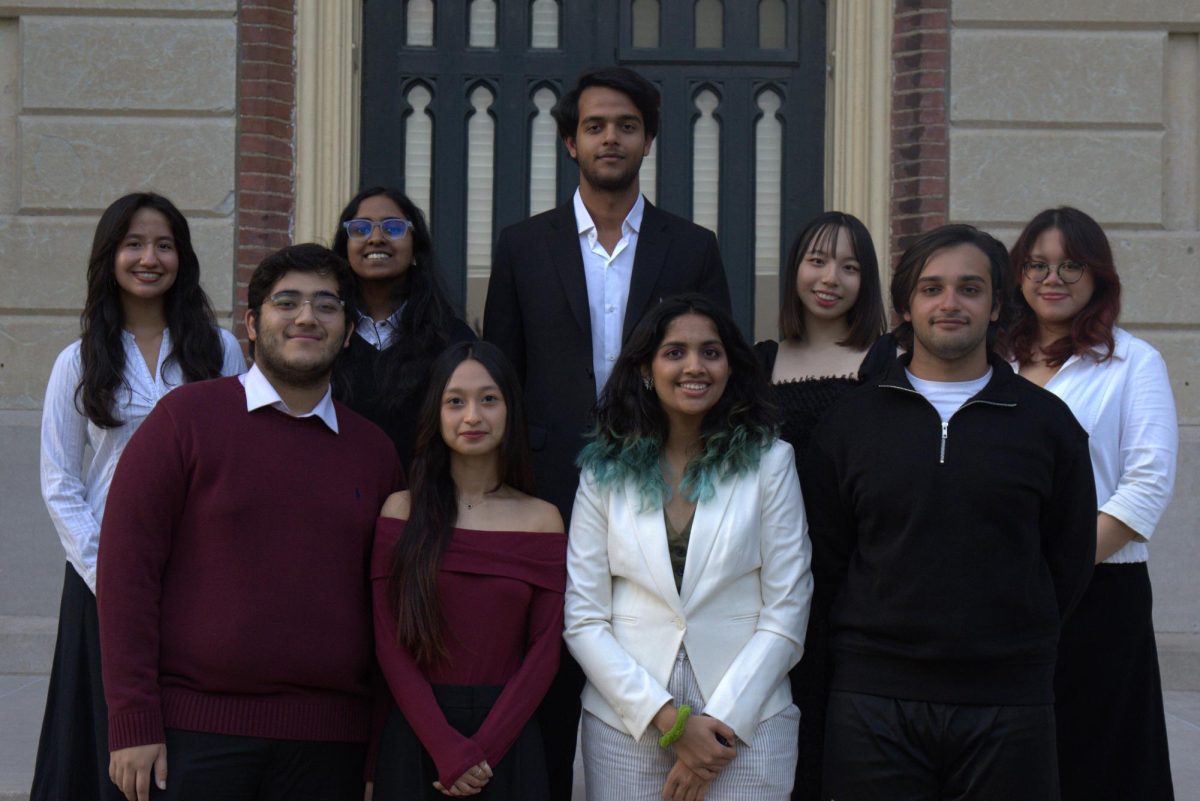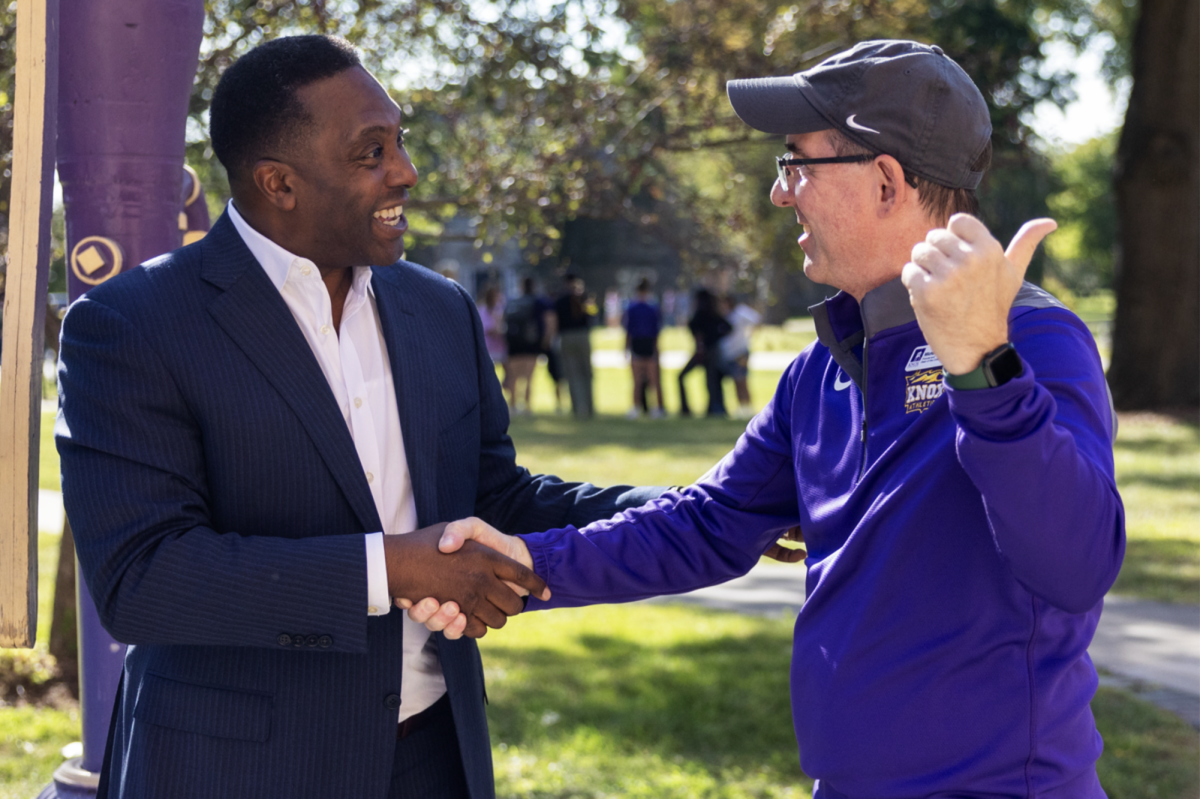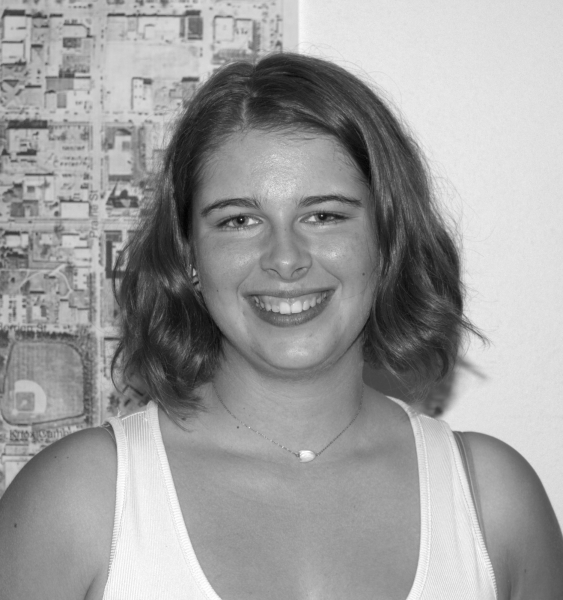Knox is well-known for sending half our student population to study off-campus at some point in their college careers, but that all changed with Covid-19. At one point in the past two years, we were sending less than 10% of our normal number of students abroad, Director of the Stellyes Center for Global Studies Todd Heidt said.
“All of those key experiences for students were really robbed from a generation of students,” Heidt said. “That’s why Knox launched Immersion Summer 2022. Immersion Summer is a joint effort between The Stellyes Center for Global Studies and the Vovis Center for Research and Advanced study. Students can take a class for Knox credit, participate in an 8-week project with professors, or join an Intercultural Learning Program.”
Last year the National Endowment for Humanities created the Grant for Revitalization of Immersive Cultural and Language Study to assist colleges in offering intercultural and off campus study programs that were not available to students during the pandemic.
At Knox, professors quickly come up with ideas for summer projects to include in the grant application. Those initial ideas were then expanded to become Immersion Summer 2022 when Knox was awarded the $248,000 grant.
“It was really both pleasantly surprising and really eye opening to see the kind of creativity that the faculty brought to this process” Heidt said.
Knox is offering 8 four-week intercultural learning programs, which will be based here in Galesburg but contain travel components to create those intercultural experiences without leaving the country. There are also five 8-week collaborative research projects with faculty members ranging in topics.
There are programs ranging from an archeological survey at Green Oaks to feminist approaches to Museum Studies, or “from WAC to SMC”as Heidt said”
The Director for the Vovis Center for Research and Advanced Study Lisa Harris has three goals for these summer programs.
“My first goal is that we can attract students who never would have considered doing research or an immersion opportunity” she said, as well as to give students the opportunity to have an “impactful experience with a faculty member,” and allow students to sink into one topic in a way they are not normally able to.
Heidt had a similar sentiment, sharing that he hoped students would get involved in something they hadn’t before. Heidt hopes that Knox will be able to provide similar programming in the future for students who didn’t get the chance to apply this year.
“I see this very much as a kind of launching pad,” Heidt said. “We’ve gotten a grant that allows us to experiment with a new model of summer experience.”
Harris agreed, saying that she hopes “we can continue to be creative and innovative in finding funding sources that can help us do this sort of thing for students.”
Whether or not they find the funding for similar programs in the future, they intend to serve as many students as possible this summer. The first round of applications closed on March 25, and in true Knox fashion, they flooded in right before the deadline. Heidt said that their next step is to consider which programs may have room for more students and then send out a secondary application.
“If you’re on the fence about it, just apply,” Harris said. The spots will be limited, but the outcome will be worth it.


